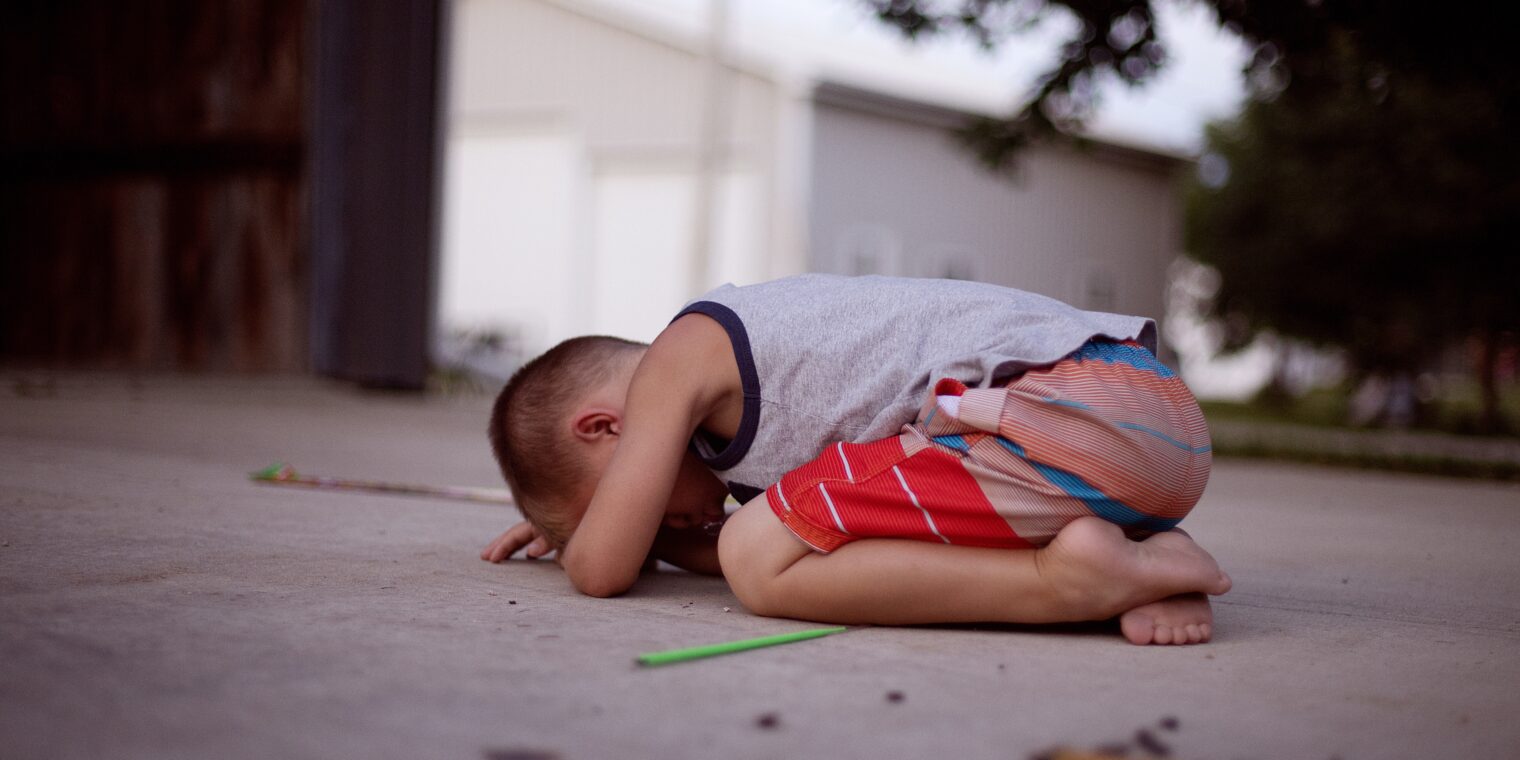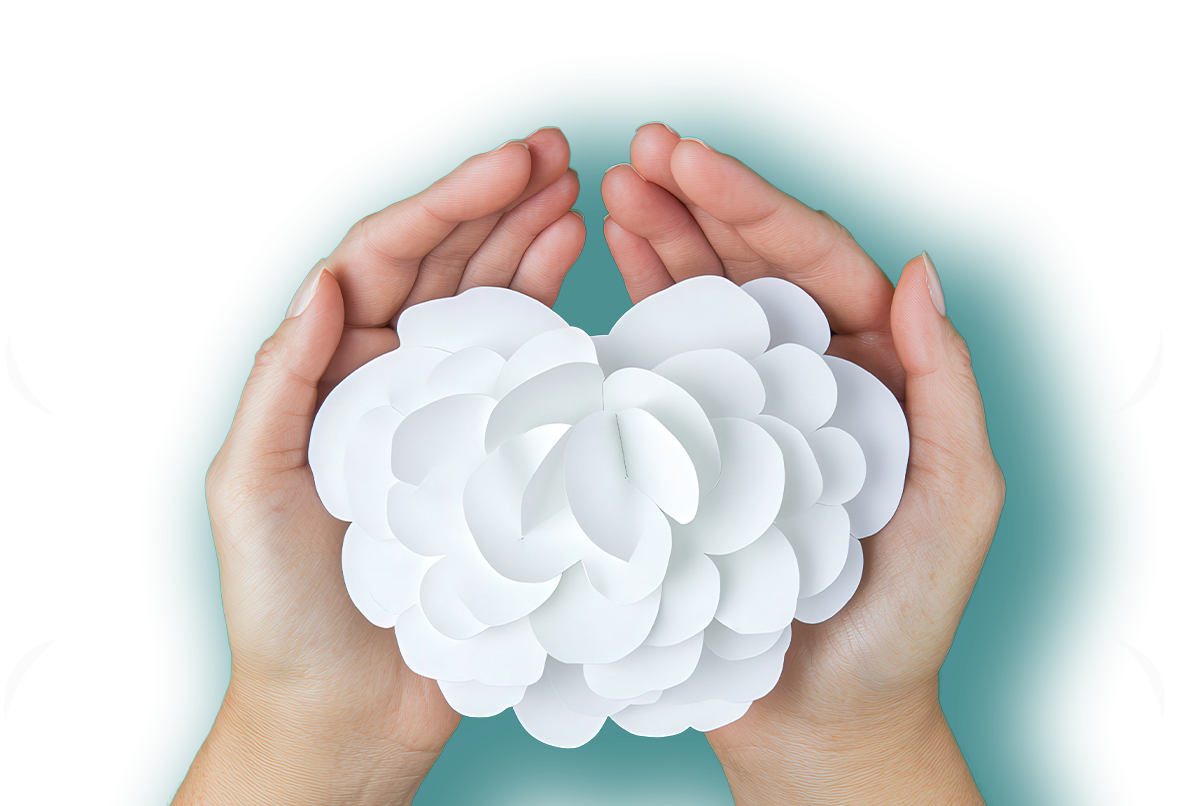If your child doesn’t speak as early or as clearly as other kids. He may also have a small vocabulary. He could have trouble finding the right word for things when talking, almost as though it’s right on the tip of his tongue.
- If your child has trouble learning ideas about relationships between things. Ideas like ‘up’ and ‘down’, ‘before’ and ‘after’, or ‘first’ and ‘last’ are hard to learn, but a child with a learning disability may have more trouble than usual making those connections.
- If your pre-kindergarten child doesn’t seem able to learn and recognize letters. He might not show interest in being read to, either, and he might not like playing rhyming games or making up silly lyrics that rhyme with the words of his favorite song. Learning colors and numbers might be harder for him than for other children.
- If your child is impulsive and doesn’t seem to make connections between what she does and what happens next.
- If your child is restless, easily distracted, and has trouble following directions. This might come across as it seeming like your child just “won’t listen” to you at home, or can’t focus for very long, even on something she likes to do. Preschool teachers are also really good at noticing which children are having a harder time focusing, keeping their hands to themselves, and following instructions, so check in often with your child’s teacher
- If your child is physically awkward or clumsy. She could have trouble running, skipping, jumping, catching, or throwing. She might bump into things and fall down more often than other kids her age. She may also have a lot of trouble using scissors, or zipping, buttoning, or snapping clothing.



